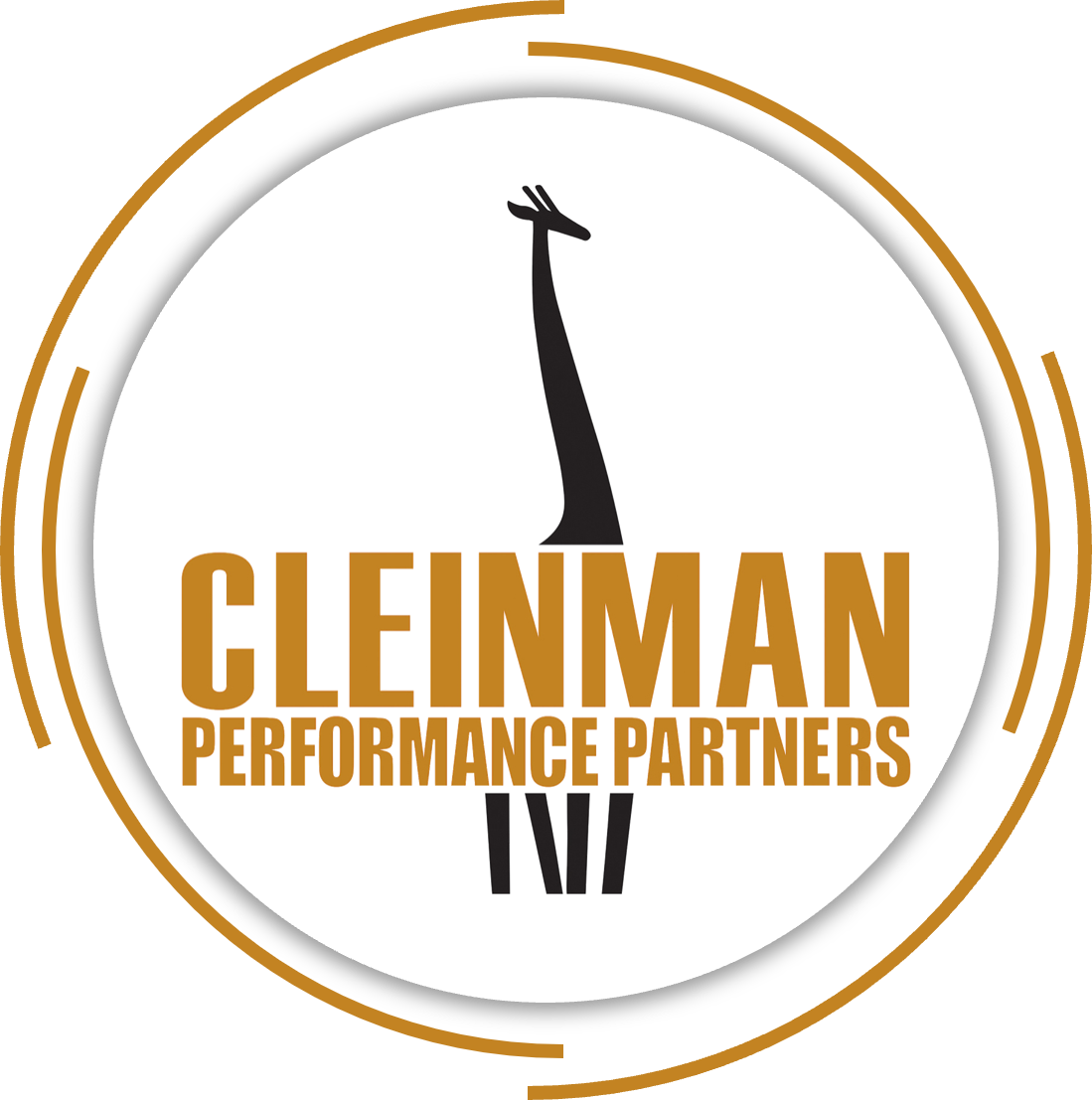Place Why Ask Why? September 21, 2022
In presentations to optometry groups, I often discuss the importance of delegation. Effective delegation is one of the most essential attributes of a CEO and a fundamental success skill.
Read More…In an optometry practice, delegation is especially important if you’re to build an effective team that can operate independent of you. As an optometrist, one of your most important jobs is to answer your patient’s questions. But, as the CEO of your enterprise, being the go-to answer person results in organizational constipation. If Sally doesn’t feel empowered to make a decision, she won’t. And, over time, she’ll become frustrated and leave for greener pastures. Further, if you don’t train and empower your team to make decisions, you’ll create an environment for yourself that is full of stress…and as your practice grows, that stress will exacerbate. One can’t decide everything. In todays and tomorrow’s full-employment environment, providing the opportunity to make decisions…to control their own destiny…is key to recruitment and retention.
One of the most impactful books that I’ve ever read about delegation is Dennis Backe’s “The Decision-Maker.” This well-written work shares the means and methodology for leaders to get out from under the decision-making dilemma. Bakke describes a unique delegation methodology that works. Imagine your work-life if you focused on who is to make the decision vs. who is to do what. If you want to destress your life, give Dennis Backe’s book a read.
Effective delegation creates a culture of responsibility and accountability. BUT there’s another aspect of your delegation process that plays a HUGE role in the creation of a successful culture.
“Yours is not to Question Why…Yours is just to do or die.” You have likely heard these words before, which originate from a military chant. It’s understandable that the military must operate with a system of command and control. But blind adherence to tradition or authority has little place in a business enterprise.
Certainly, no firm can effectively operate without assigned tasks being performed on time and on target. Without accountability, chaos and mistrust evolves. Yet, it is equally important that all of us operate with a universal permission, indeed a responsibility, to ask “why.”
Why ask why?
First, not every policy or procedure will cover every situation. Understanding why we do things the way we do them helps each of us make the many judgment calls necessary to operate our enterprise. Without the “why” it’s difficult to know how to address a unique circumstance. As a result, every situation that is out of the ordinary would have
to have an approval or worse, chaos would evolve. That doesn’t make for a very efficient or effective management methodology.
Equally as important, when we question why a particular task is necessary or the “why” behind a particular policy, process, or methodology, we root out inefficiency. Why is this step in the process necessary? Why is this action part of my job when the same action is performed elsewhere? Why are we doing this step at all? Indeed, it is equally as important to understand what we should stop doing as it is to understand what we should be doing.
So, grant your team the permission to ask the question. It’s not only OK to ask “why,” it’s their responsibility to do so.
Is your team operating as effectively as you’d like. Do you find yourself burdened with questions? Do you feel frustrated that things don’t get done that should? Are you experiencing high staff turnover or difficulty in recruiting? At Cleinman Performance Partners, our consulting team is highly skilled at assisting owners and leaders with the development of effective culture. We’ve done so for over 30 years. For hundreds of practice owners. Want to know how we might help you? Reach out to us for a no-obligation discussion about your specific situation.
